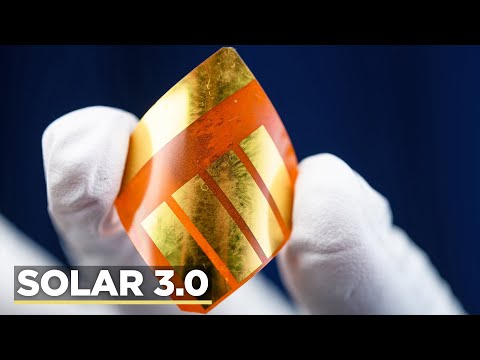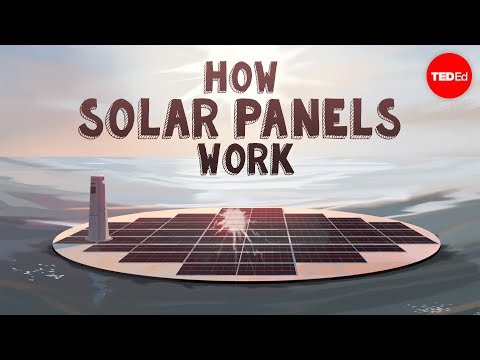Introduction:
Renewable energy sources, such as solar power farms, have gained significant traction as a means to combat climate change and reduce dependency on fossil fuels. However, proposals to blanket the Sahara Desert with solar panels raise important ecological and environmental concerns that must be carefully weighed against their potential benefits. This article explores the reasons why we should reconsider covering the Sahara Desert with solar panels and discusses alternative approaches to meet our renewable energy goals.
1. biodiversity Preservation:
The Sahara Desert is home to a unique array of plant and animal species that have adapted to its unique climate and arid conditions. By covering vast stretches of the desert with solar panels, we risk disrupting these delicate ecosystems. The ecological consequences resulting from habitat destruction could be irreversible, leading to the extinction of endemic species and significant disruptions of local food chains.
2. Water Scarcity:
Contrary to popular belief, installing solar panels in arid regions like the Sahara requires substantial amounts of water for panel cleaning and maintenance. The scarcity of water in these areas amplifies this concern significantly, potentially exacerbating existing water supply issues for both wildlife and human populations.
3. Loss of Carbon Sequestration Potential:
The deserts play an essential role in mitigating climate change by acting as carbon sinks through sequestration processes. The removal of vegetation or disruption caused by massive solar projects could jeopardize nature’s ability to capture carbon dioxide adequately, consequently reducing the environmental benefits these areas provide.
4. Dust Emanation:
The Sahara is known for its intense dust storms which carry millions of tons of fine particles across vast distances globally. Covering large portions of the desert with solar panels could result in increased dust emissions due to disturbances caused during construction and maintenance activities, impacting air quality not only regionally but also globally.
5. Alternatives Worth Exploring:
Instead of concentrating on monolithic solar farms in a single location, we can diversify our renewable energy efforts by investing in decentralized solar power infrastructure across various regions around the world. By spreading out the equipment and mitigating potential ecological damage, we can ensure that renewable energy generation remains sustainable and does not compromise existing ecosystems.
6. Focus on Technological Innovation:
Rather than solely looking to large-scale solar installations, it is essential to invest in research and development of more efficient solar panel technology, which could significantly increase their energy output while reducing their environmental footprint. Continued progress toward improved efficiency and innovative solutions will eventually allow us to harness the sun’s energy without sacrificing biodiversity or ecosystem integrity.
Conclusion:
While the urgency to transition towards renewable energy sources is undeniable, we must consider the broader environmental implications before committing to projects such as covering the Sahara Desert with solar panels. Preserving biodiversity and ecosystem integrity should remain a paramount concern when deploying renewable energy solutions, ensuring that our quest for sustainability is achieved without compromising crucial natural resources. By seeking alternative strategies and embracing technological innovations, we can strike a balance between clean energy generation and environmental preservation for a sustainable future.





